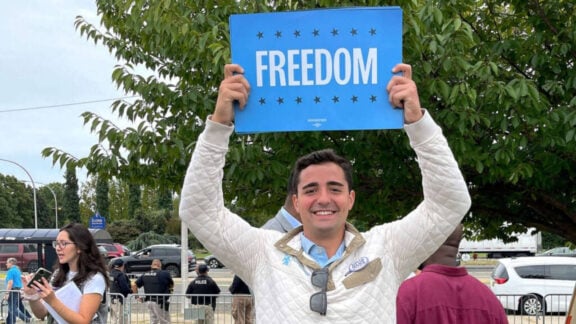The Consulate General of Greece in Sydney, in collaboration with the Australian Archaeological Institute at Athens (AAIA), is set to shed light on an obscure part of Greece’s history in relation to World War II as it discusses how it affected the antiquities of the nation.
The topic is the subject of a lecture to be given by Dr Stavros A. Paspalas titled ‘The Fate of the Antiquities of Greece during World War II’.
The event is in line with the commemorative events for OXI Day, and will be held on Wednesday 27 November at NSW Parliament House (3-5pm).
Dr Paspalas, the Deputy Director of the AAIA, explained that while it is inarguable that the most devastating aspect of war is in the cost of human life and cause of suffering, the lecture will highlight some of the other impacts it has on society.
“This lecture…focuses on how the country’s antiquities, ancient and medieval, fared during this period of upheaval, death and displacement,” he said.
Dr Paspalas, who has actively researched the archaeology and history of Greece since the 1980s, stressed that there are many questions pertaining to the war’s impact on the country’s antiquities.
The lecture will explore many of them, including the attitudes of the occupying forces to Greece’s cultural heritage, how Greece prepared in the leadup to the war, what symbolic role the antiquities played during these years, how they fared themselves etc.
“This presentation will look at a number of case studies against the backdrop of the Occupation in order to elucidate these and other questions, as well as to offer some explanation for what was lost and what was saved,” Dr Paspalas said.
Where: NSW Parliament House, Theatrette, 6 Maquarie St., Sydney NSW 2000
When: November 27th 2024, 3-5 pm
The lecture will be held in English
Free admission
Registration essential: https://tinyurl.com/ycyb9exd









